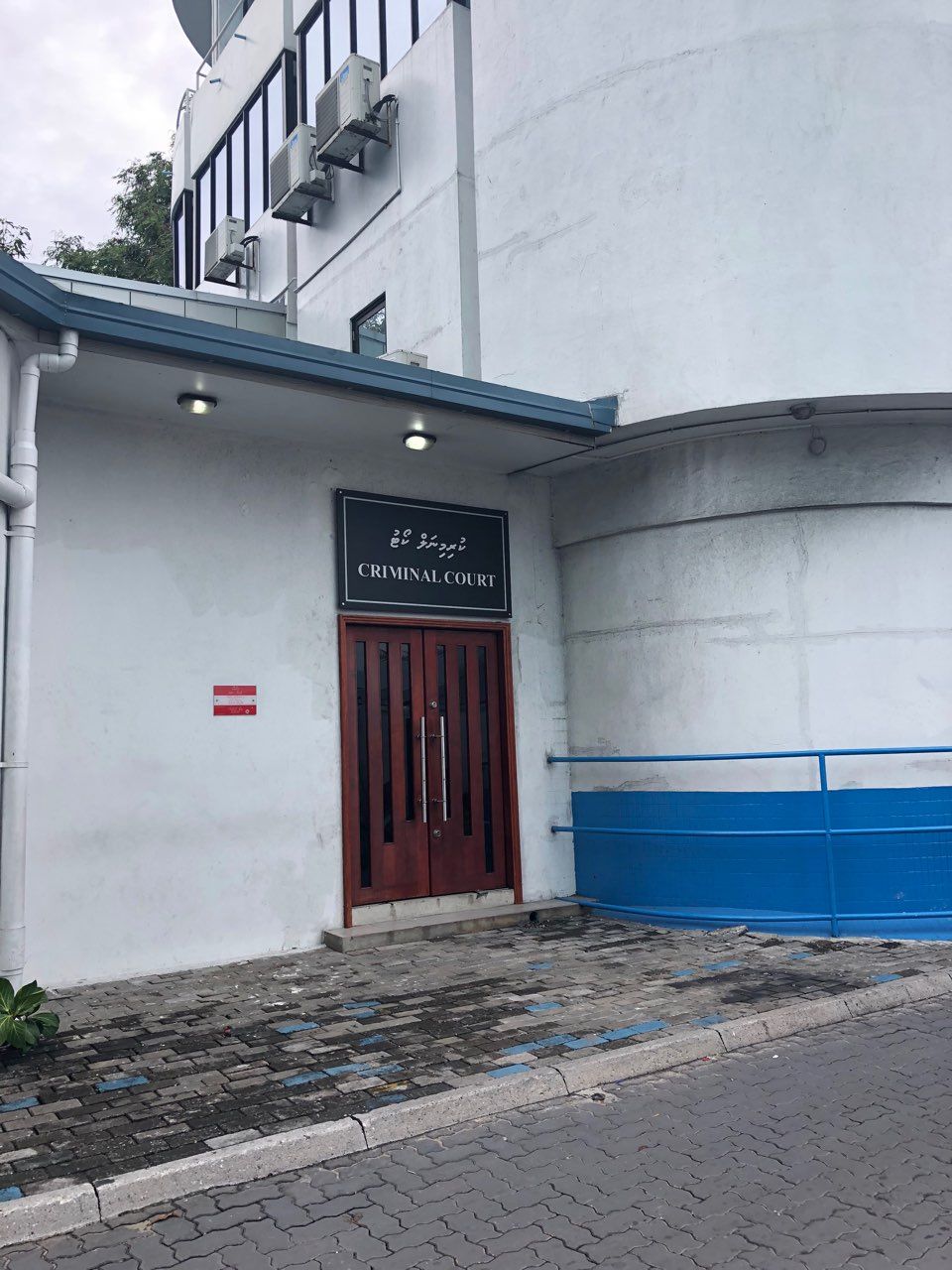The trials of being a court reporter in the Maldives
There is a sinister side to the gauntlet of dress codes and timekeeping.

15 Aug 2018, 09:00
Saya Ahmed
I had been in the Criminal Court’s reception area for almost two hours, waiting for a trial that had been scheduled for the morning, and was relieved when officials took me into the courtroom’s security area.
But moments later I was told to wait outside again. After about 15 minutes I was taken back into the security area.
“Do you know why you were told to wait outside?” one of the officials asked me. I said no because I had no idea what was happening.
“Your clothing is disrespectful to the court. So we cannot allow you to cover the trial,” he told me.
Become a member
Get full access to our archive and personalise your experience.
Already a member?
Discussion
No comments yet. Be the first to share your thoughts!
No comments yet. Be the first to join the conversation!
Join the Conversation
Sign in to share your thoughts under an alias and take part in the discussion. Independent journalism thrives on open, respectful debate — your voice matters.




